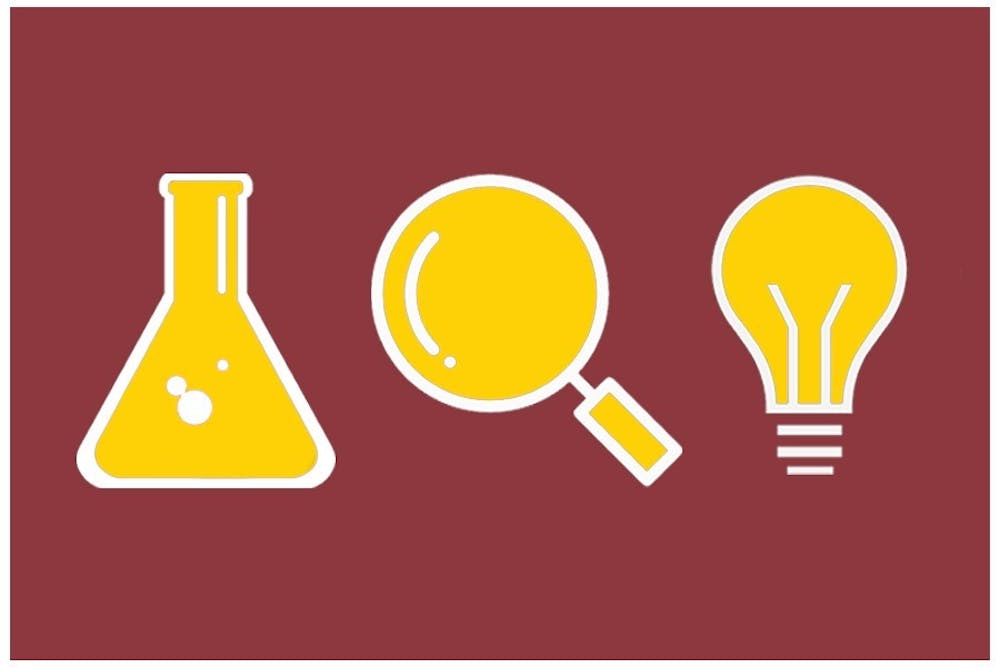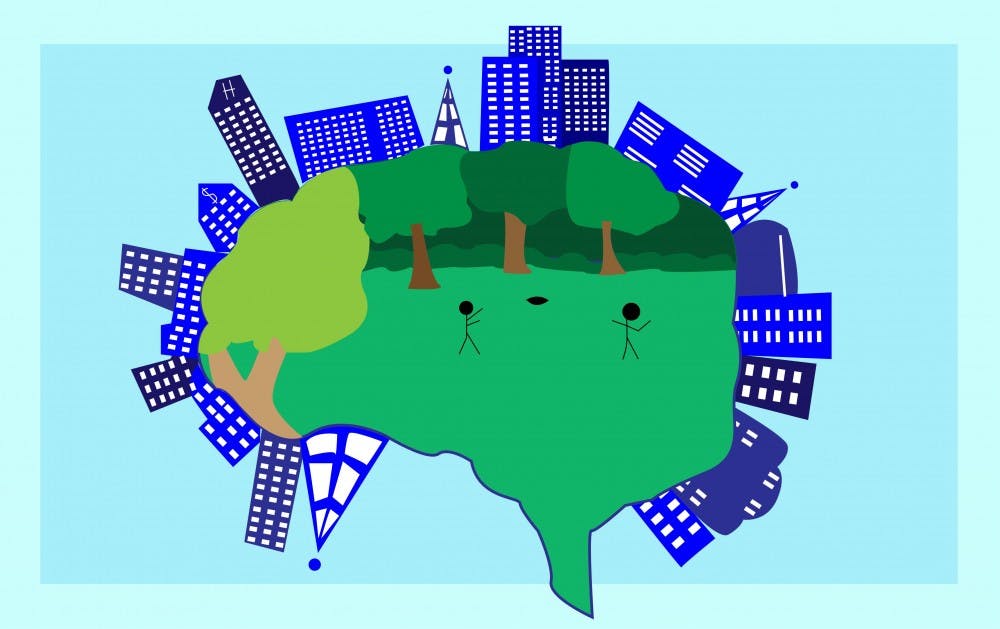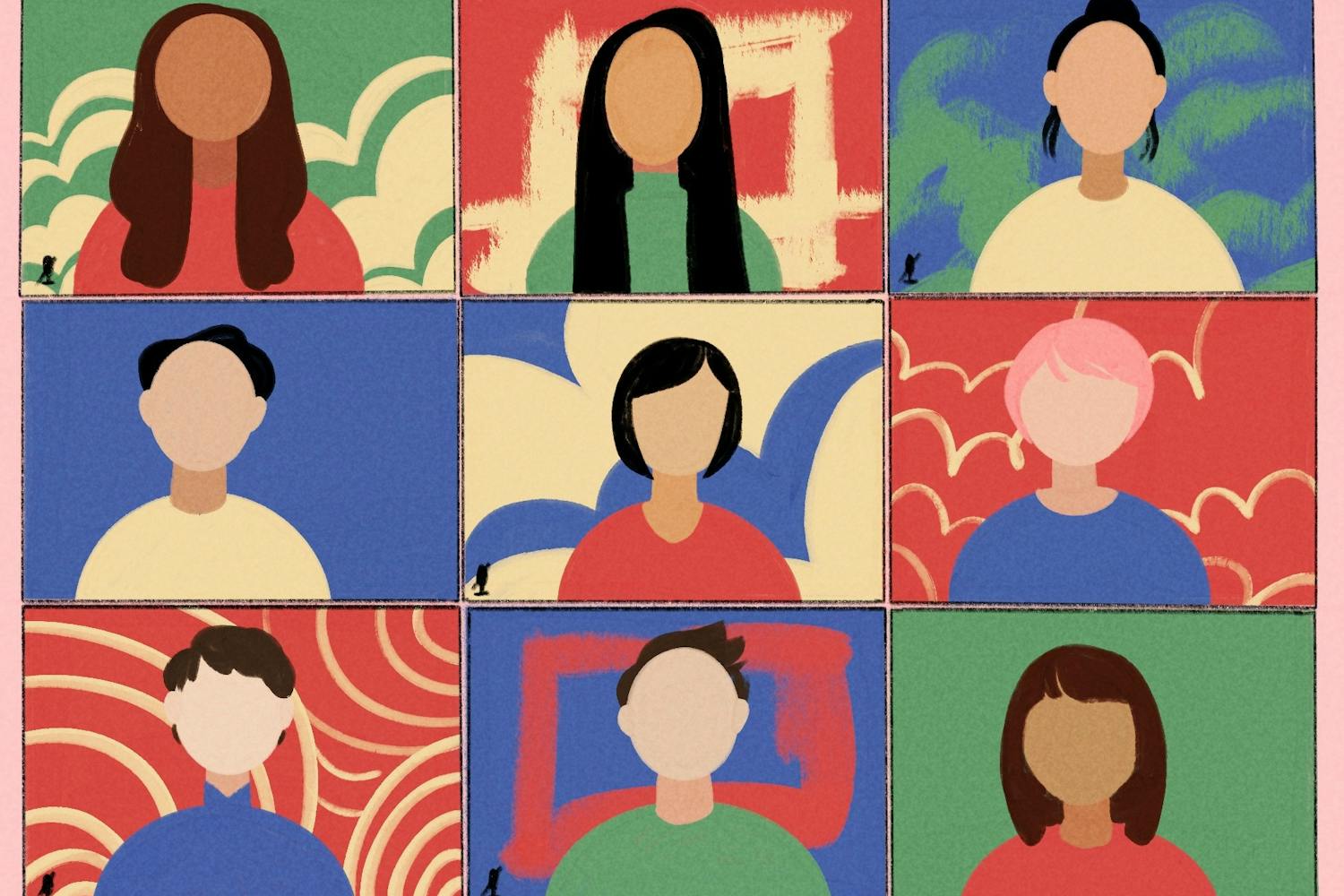This week in ASU research news:
Warm weather and weekends are tied to higher crime rates in Chicago
A team of ASU researchers have found that crimes committed in Chicago have distinct patterns by time of year, time of day, weather and more. They conducted research from six million reported crimes in the Windy City between 2001 and 2014.
They found a large peak of battery and aggravated assault on Fridays and Saturdays.
They also found that crime rates fluctuated based on weather. They found an uptick in crimes committed on hotter days, especially during the summer months, compared to colder months, and there was less crime on rainy and windy days.
ASU scientist studies isotopes to learn more from human skeletons
Gwyneth Gordon, a forensic chemist and researcher at ASU, is studying variations in isotopes in human skeletons in order to learn more information about their origins.
Gordon was recently granted $570,000 from the Department of Justice to conduct her specialized research.
Studying isotopes shifts this research from anthropology to forensic science.
Once this research is conducted, they will have the ability to be applied to identify the remains of victims of natural disasters, crimes and more.
This week from the science and technology desk:
ASU granted $3M to build smart cities education program
ASU was granted $3 million from the National Science Foundation to create a National Research Traineeship Program at ASU. The program, "Citizen Centered Smart Cities and Smart Living," plans to focus on citizen-centric interactions while also advancing smart technology.
Relevant quote: "They may work for academia. They may work for industry. They may have their own startup companies.They may work in public service. (They will be) able to go and work in these different contexts to help shape the future of what smart cities will look like globally," Sethuraman Panchanathan, executive vice president of ASU Knowledge Enterprise and chief research and innovation officer at ASU, said.
ASU students are swiping right on less popular dating apps
Students are using alternative dating apps to find higher quality matches. Apps like OkCupid, Coffee Meets Bagel and more use an algorithm called an Elo score, which has the ability to make higher-quality matches compared to quick-dating apps like Tinder.
"The essential algorithm is something called an Elo score, which assigns a score based off of your usage of the app. They will go off of your swipe habits based on frequency of how fast you're swiping, what is the frequency of swipe left (and) swipe right (or) are you somewhere in the middle," Ryan Dougherty, a graduate student studying computer science, said.
Reach the reporter at jlmyer10@asu.edu or follow @jessiemy94 on Twitter.
Like The State Press on Facebook and follow @statepress on Twitter.






